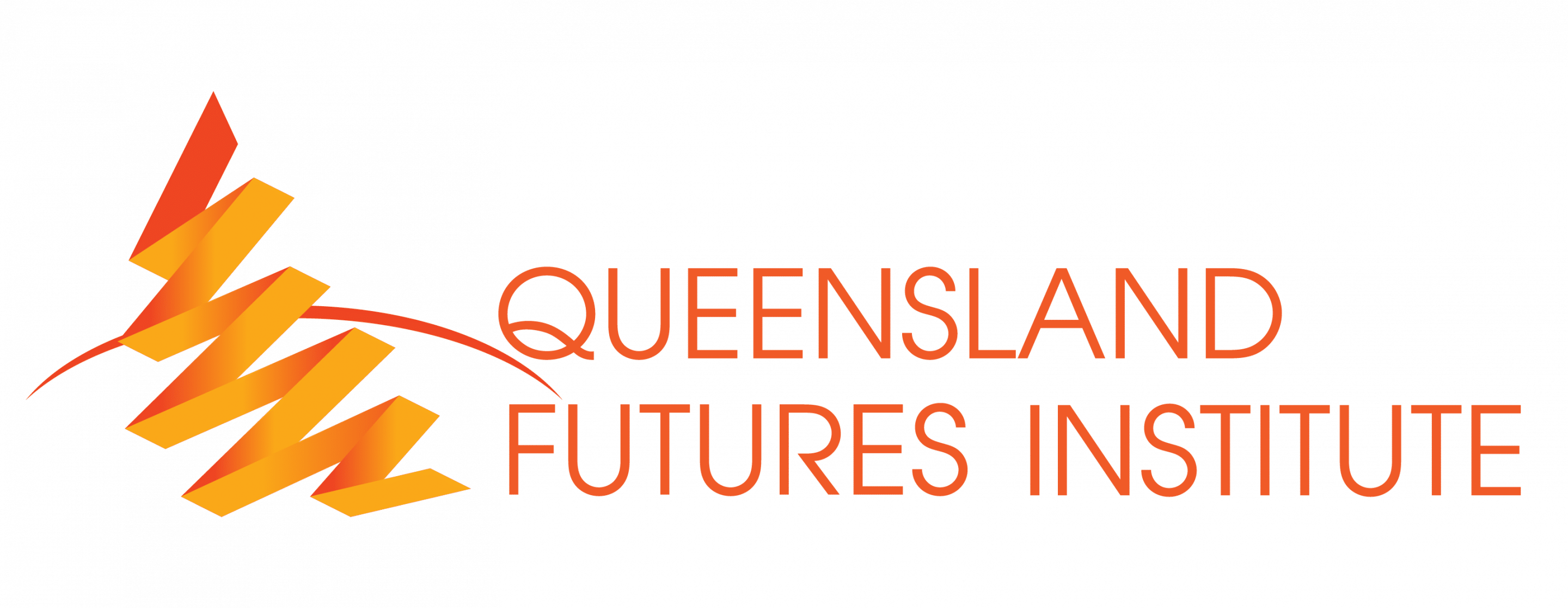STEVE JOHNSTON: GROUP CHIEF EXECUTIVE OFFICER AND MANAGING DIRECTOR, SUNCORP GROUP
Dec 8, 2022 | Annual Leaders Survey 2022
Building greater resilience to natural hazards, responding to climate change and ensuring insurance remains accessible and affordable continue to be some of Suncorp Group’s most important topics to address. We also know the rising cost of living is having broad reaching implications.
Queenslanders are no strangers to extreme weather events, from cyclones to bushfires, severe storms and devastating floods. In FY22, Suncorp’s insurance business was confronted by 35 separate natural hazard events across Australia and New Zealand, resulting in around 130,000 insurance claims. With a third successive La Nina weather pattern, we have subsequently seen some areas of southern Australia record their worst flooding in more than 100 years.
This is why it is imperative that governments at all levels, together with the insurance industry and community groups, prioritise the work and investment required to reduce the risk from extreme weather for our communities, improve household and community resilience and in turn,
the affordability of insurance.
A recently released research report from the McKell Institute shows that this year’s flooding has compounded the cost-of-living pressure being faced by Australian households and consumers. The research also highlighted the fact that the Commonwealth had spent $24 billion on disaster recovery since 2005, and only $510 million on resilience.
While we welcome the increased funding and support announced by the Federal government, along with the QLD and NSW state governments in recent times, there is much more work to be done.
Therefore, Suncorp continues to advocate for further reform across four key areas. The first element is greater investment in community level infrastructure like flood levees.
The second is addressing inadequate building codes, planning laws and approval processes.
The third element is around the removal of inefficient taxes and charges, which can add 20-40% to a home insurance premium.
The final part of our four-point plan is to provide subsidies to improve the resilience of private dwellings. This can help to minimise the chance of damage to the home, minimise the costs and inconvenience of getting back to normal after an event and provide long-term savings from avoiding repetitive repairs to the home following natural hazard events.
If the right steps can be taken now, we can help the people in our community who are being impacted by poor decisions of the past, improve their quality of life, build more resilient communities, and ultimately make Queensland’s future more prosperous.

